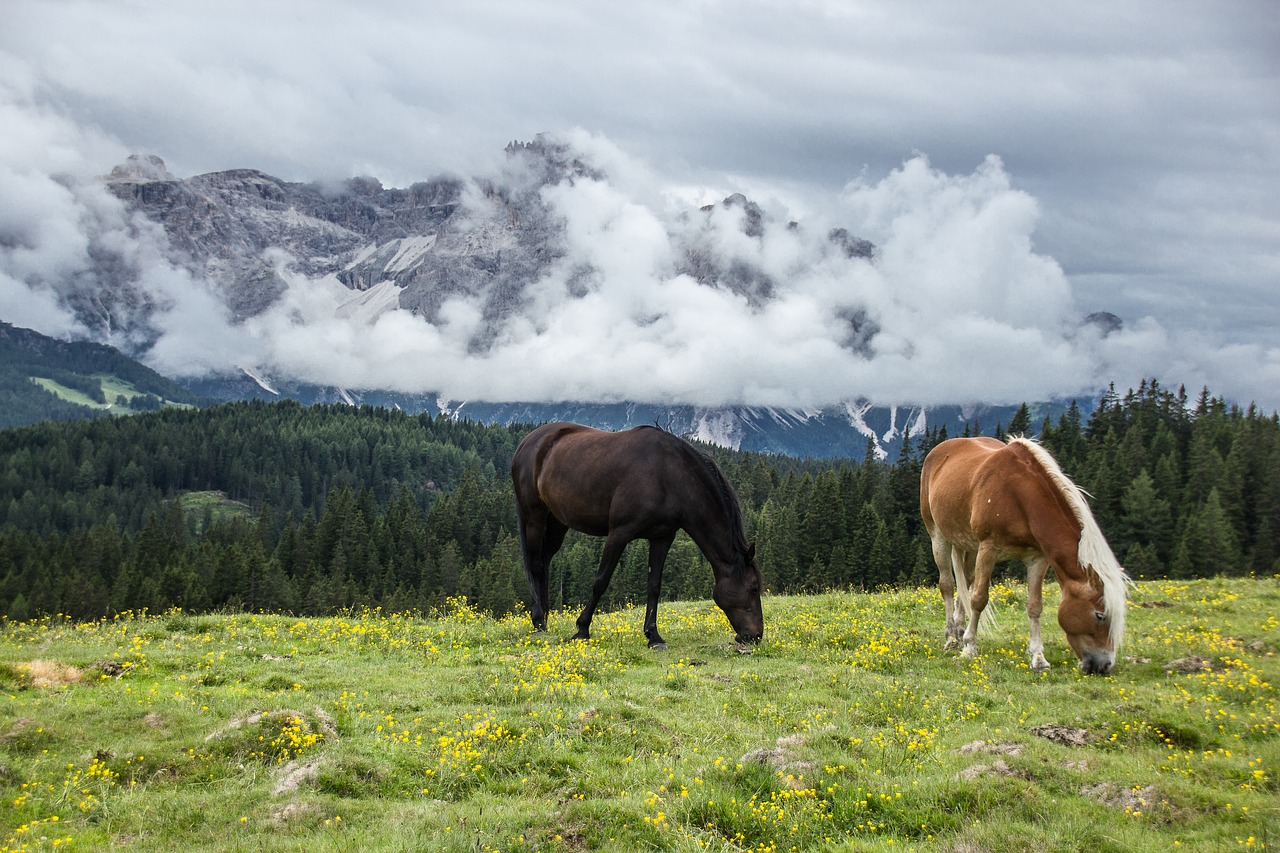
Unique Features of Property in Montana
The Unique Features of Property and Property Ownership in Montana
Montana’s breathtaking landscapes, wide-open spaces, and distinct property laws make it a unique place to own land. Whether you seek a remote retreat, ranch land, or a home near a charming small town, understanding Montana’s property features is essential.
1. Vast, Unspoiled Land
One of Montana’s biggest draws is the availability of large parcels of land, often with minimal development. Unlike more densely populated states, Montana offers buyers the opportunity to own vast stretches of property, making it ideal for those seeking privacy, ranching opportunities, or conservation efforts.
2. Water Rights and Access
Water rights in Montana are separate from land ownership, meaning owning property with a stream, river, or lake does not automatically grant the right to use the water. Water rights must be obtained and properly documented, which is an essential consideration for anyone looking to use water for agriculture, livestock, or personal consumption. If you're relying on a well, understanding its water rights is equally important.
3. Private Property Rights and Use of Land
Montana has strong private property rights, but buyers should be aware of easements, encroachments, and trespassing laws. Easements may allow access across private land, and disputes over encroachments can arise. Navigable waterways have specific public access rights, but property owners should be aware of legal limitations.
4. Wells and Septic Systems
Outside of cities and major towns, properties typically rely on wells for water and septic systems for wastewater. Understanding the maintenance and regulations around these systems is crucial for homeowners in rural areas.
5. Public Land and Recreational Access
Montana has extensive public lands, including national forests, state lands, and Bureau of Land Management (BLM) areas. However, access to public lands through private property is a nuanced issue. Some properties include easements for public access, while others do not. It's crucial to understand your property’s boundaries and any existing access rights before purchasing.
6. Open Range Laws and Livestock Considerations
Much of Montana follows an “open range” policy, meaning livestock can roam freely unless a property owner fences their land to keep animals out. This is an important factor for both ranchers and those unfamiliar with rural living, as it places the responsibility on landowners to fence livestock out rather than requiring ranchers to fence their animals in.
7. Covenants and Subdivision Regulations
Many subdivisions in Montana have covenants that regulate land use, property modifications, and other restrictions. These vary widely, so prospective buyers should review any applicable covenants before purchasing property.
8. Historical Homesteads and Hidden Histories
Some older properties, especially homesteads, may have historical significance or hidden histories, including unrecorded structures, abandoned wells, or even mineral rights agreements. Researching the history of a property can help avoid surprises.
9. Mining Claims and Proximity to Mines
Some properties are located near active or abandoned mines, which can impact land value, water quality, and safety. Owning a mining claim also comes with specific rights and responsibilities that buyers should understand.
10. Radon and Natural Hazards
Radon, a naturally occurring radioactive gas, is present in many parts of Montana. Testing for radon levels in homes and mitigation efforts may be necessary, especially in basements and enclosed spaces.
11. Wildlife and Conservation Concerns
Living in Montana means sharing space with wildlife, including deer, elk, bears, and mountain lions. Some properties may have conservation easements that limit development to protect wildlife habitats. Buyers should be aware of any conservation agreements that might affect land use and development plans.
12. Hunting Culture and Gun Laws
Hunting is a deeply ingrained part of Montana’s culture, and many properties may have hunting access or restrictions. Additionally, Montana has relatively relaxed gun laws, which is important to understand for both personal protection and recreational purposes.
13. Native American Land and Tribal Jurisdiction
Montana is home to several Native American reservations, each with its own laws and regulations regarding land use. If purchasing property near or within reservation lands, it’s important to understand the legal distinctions and any potential restrictions on property rights.
14. Seasonal Challenges and Climate Considerations
Montana experiences harsh winters, with heavy snowfall and freezing temperatures in many regions. For property owners, this means planning for snow removal, winterizing homes, and considering the accessibility of roads during the colder months.
Do you want to move to Montana?
Owning property in Montana offers unparalleled opportunities for those who appreciate its natural beauty and independent lifestyle. However, understanding the unique legal, environmental, and logistical factors that come with Montana property ownership is key to making an informed decision. Whether you’re looking for a homestead, a recreational retreat, or a long-term investment, being prepared will ensure you get the most out of your Montana land.
We are always happy to answer your questions in person. Please call Sadie at 406-647-5232!

